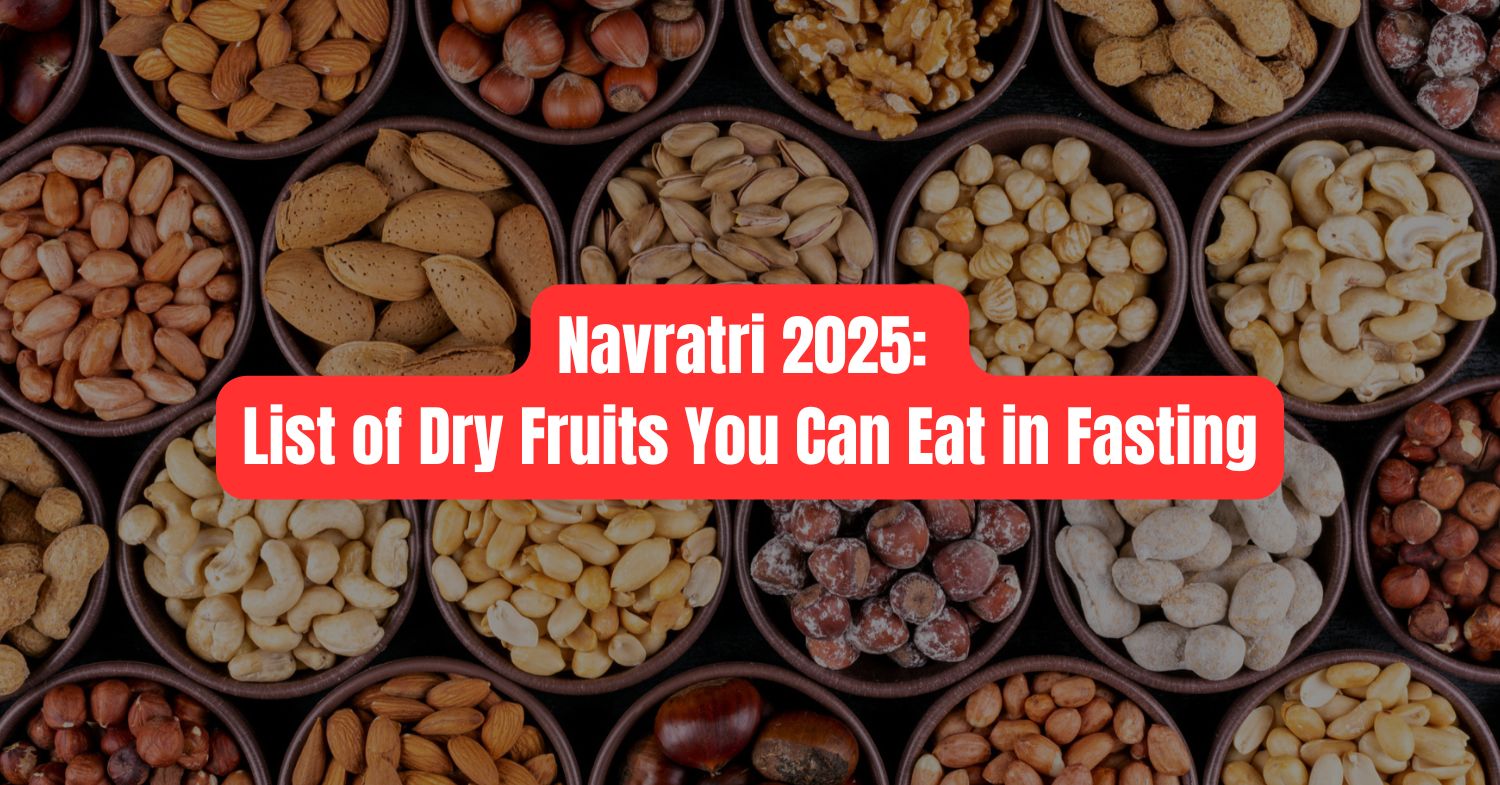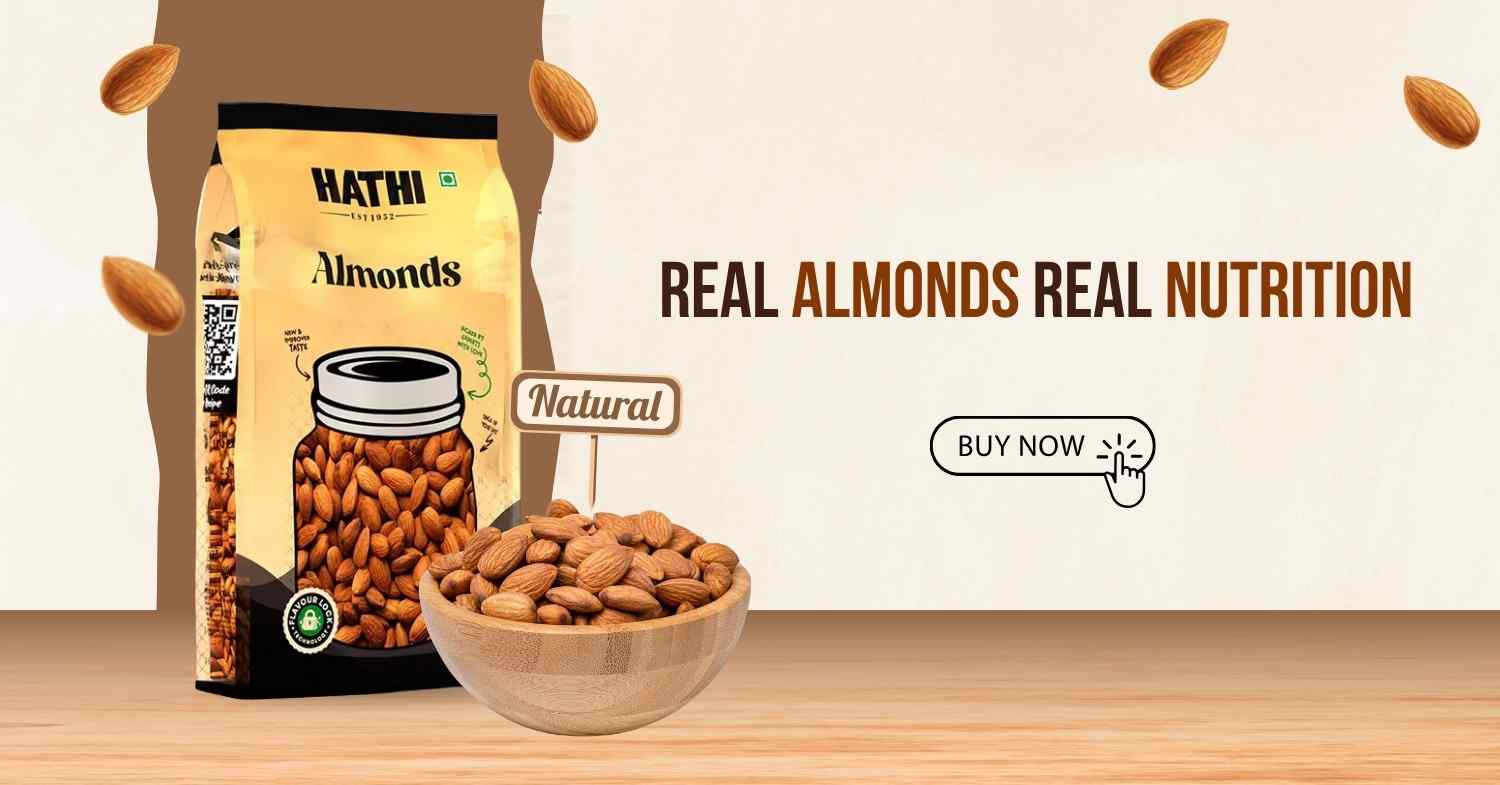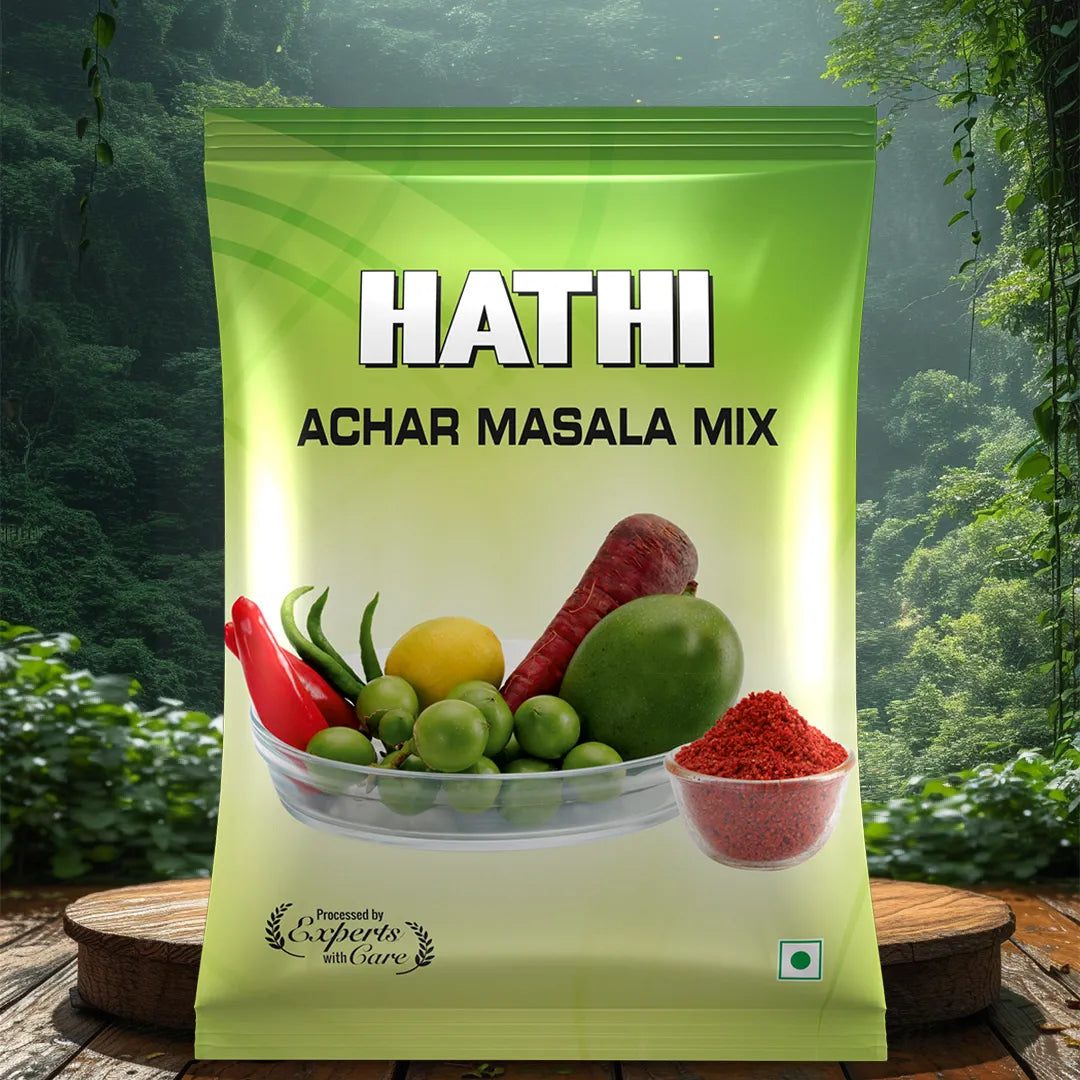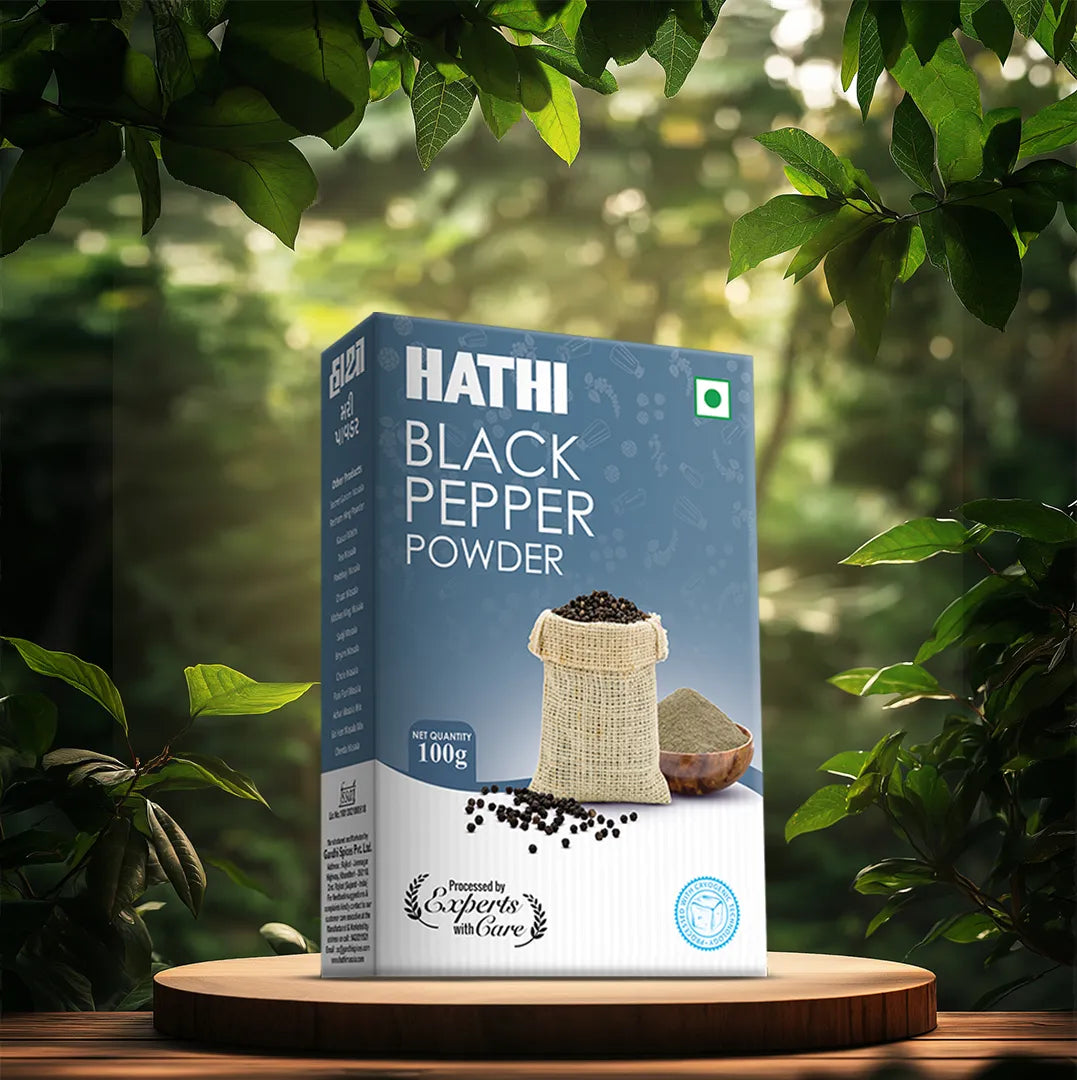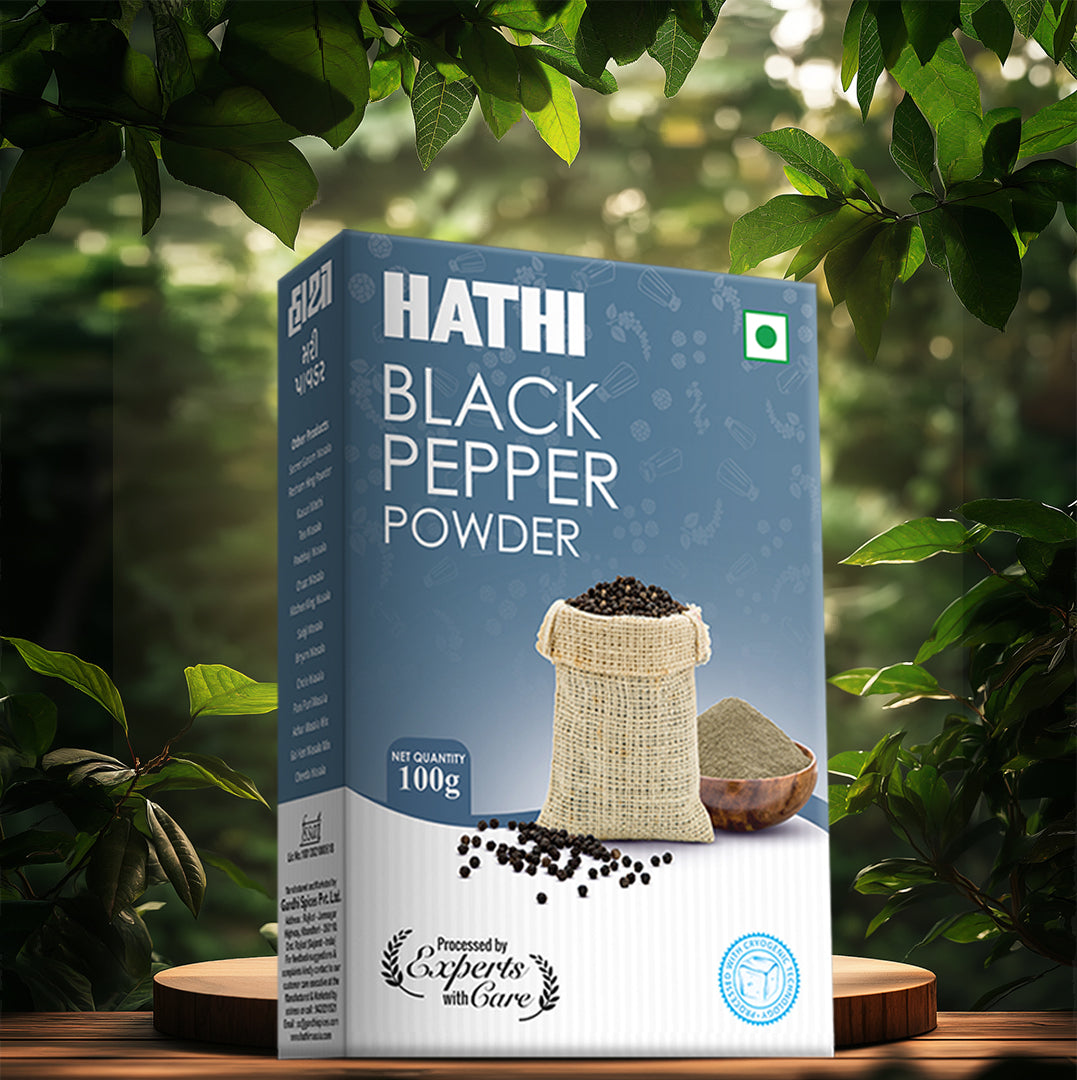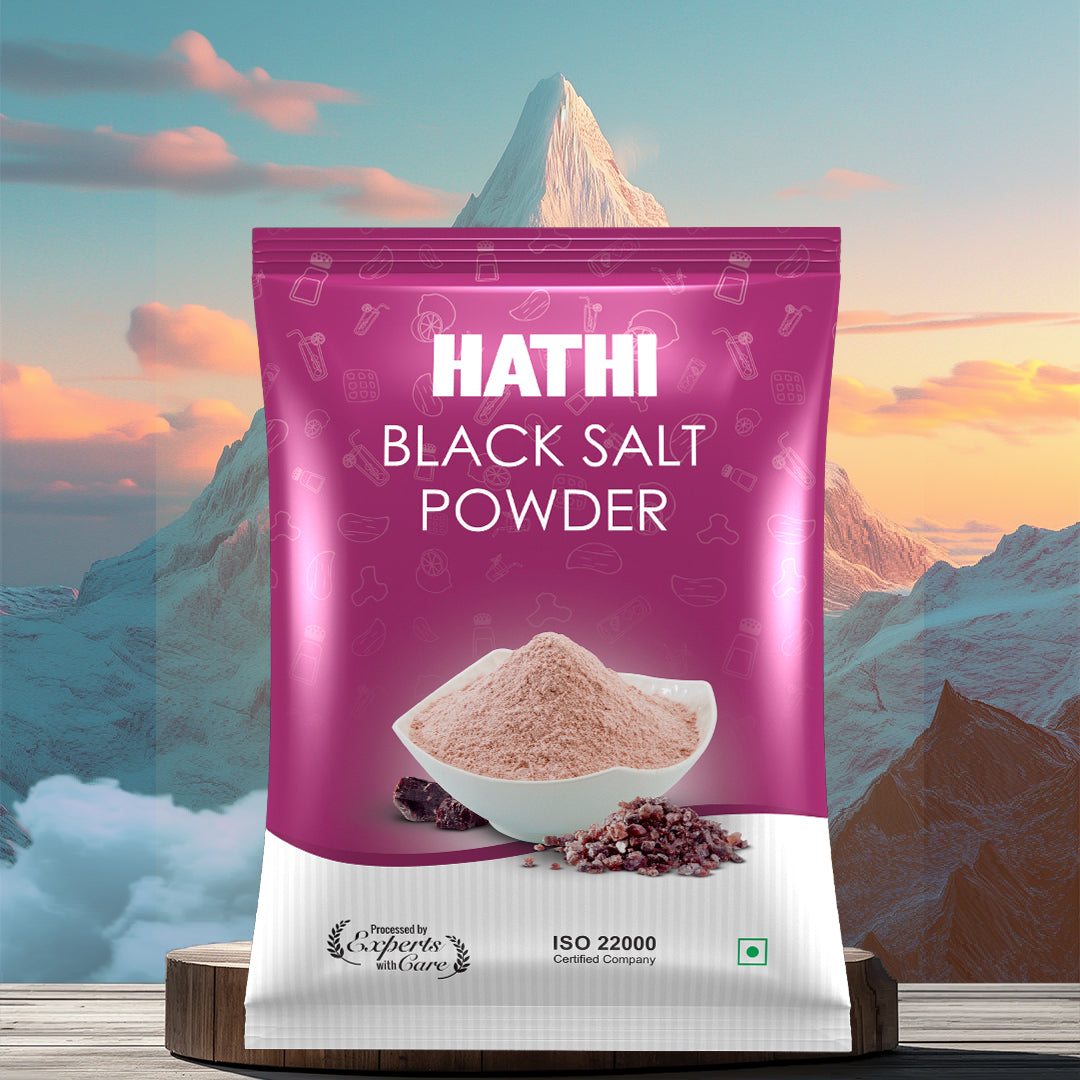Cinnamon, called dalchini in Hindi and other Indian languages, is more than a sweet, fragrant spice that enhances your morning coffee or adds comfort to baked goods. It has been an iconic condiment for centuries, derived from the inner bark of several species of trees from the Cinnamomum genus. It has long been valued for its distinct flavor and specific medicinal properties. From traditional healing applications of Ayurvedic medicine to scientific investigations, the benefits of dalchini have been documented ad nauseam, illustrating the powerhouse of wellness found in every shake.
Let's explore the unique health benefits of cinnamon and see why this modest spice needs to be a staple in your kitchen.
What is Dalchini? (Cinnamon in English)
Before moving on to its benefits, let's explain what we mean. Dalchini translates into English as cinnamon. There are primarily two varieties: Ceylon cinnamon (often referred to as "true" cinnamon) and Cassia cinnamon. While both may have health benefits, Ceylon cinnamon is usually the cinnamon of choice for medicinal use since it has lower coumarin levels, which can be harmful in excessive amounts.
The Powerhouse Within: Key Compounds in Cinnamon
Cinnamon's beneficial properties arise from its unique compounds, including cinnamaldehyde. Cinnamaldehyde is an organic compound that creates cinnamon's distinct flavor and aroma, accounting for much of its medicinal benefit. The health benefits of cinnamon come from its powerful antioxidants, essential oils, essential oil compounds, and other phytochemicals. These components of cinnamon work together in whole plant medicine synergistically to benefit human health.
Top 10 Health Benefits of Cinnamon (Dalchini)
Here are the top 10 reasons why you should consider incorporating more cinnamon into your diet:
1. Packed with Potent Antioxidants
Cinnamon is packed with beneficial antioxidants, including polyphenols. Antioxidants help neutralize oxidative damage in your body, involving free radicals that cause aging and many chronic diseases. A study comparing 26 spices showed cinnamon to have one of the highest levels of antioxidants in spices, higher than "superfood" garlic and oregano. This fully highlights the health benefits of cinnamon powder for cellular health.
2. Has Anti-Inflammatory Properties
Chronic inflammation plays a role in many chronic diseases, including heart disease, cancer, metabolic syndrome, and Alzheimer's. The antioxidants found in cinnamon have strong anti-inflammatory properties and can help reduce systemic inflammation within the body. This may be beneficial in many cases for disease prevention and reducing symptoms associated with various inflammatory diseases.
3. May Reduce the Risk of Heart Disease
Heart disease is the leading cause of premature death worldwide. Cinnamon is associated with reduced heart disease risk through several mechanisms. Cinnamon can lower "bad" LDL cholesterol and triglycerides; "good" HDL cholesterol typically stays stable. Some studies show cinnamon may even contribute to lower blood pressure. These factors, in combination, can have an essential cumulative effect on cardiovascular health, and the heart health benefits associated with consuming cinnamon should not be overlooked.
4. Can Improve Sensitivity to The Hormone Insulin
Insulin is a critical hormone that helps the body regulate metabolism and use energy. Insulin resistance is a common feature of many diseases, including metabolic syndrome and type 2 diabetes, and it represents an inability or unresponsiveness of cells to insulin. Cinnamon has been found to improve insulin sensitivity, which means that cinnamon helps insulin do its job and lowers blood sugar levels.
5. It lowers Blood Sugar Levels and Has a Powerful Anti-Diabetic Effect.
One of the most researched effects of dalchini powder is its effects on blood sugar. In addition to improving insulin sensitivity, it also appears to reduce the amount of glucose that enters your blood after a meal by affecting multiple digestive enzymes, slowing the breakdown of carbohydrates in the digestive tract. This means that dalchini could be a helpful adjunct treatment for type 2 diabetes. Because of this, the benefit of cinnamon water is often advertised.
6. May Have Beneficial Effects on Neurodegenerative Diseases
Neurodegenerative diseases, which include Alzheimer's and Parkinson's, are characterized by the progressive degeneration or death of nerve cells. Substances in cinnamon appear to suppress the accumulation of a protein called tau in the brain, which is a characteristic of Alzheimer's. Animal models have also suggested that cinnamon protects neurons, increases motor functions, and normalizes neurotransmitter levels, suggesting that cinnamon can help combat these diseases.
7. May Protect Against Cancer
Cancer is a disease with uncontrolled cell proliferation. Research on cinnamon's potential as a cancer prevention and therapy is encouraging. Several test-tube and animal studies showed cinnamon extracts may limit the growth and induce apoptosis (programmed cell death) of cancer cells in several forms of cancer. Additionally, cinnamon appears to reduce the blood vessel development in tumors. It also has significant antioxidant and anti-inflammatory characteristics, which may also affect cancer prevention.
8. Helps Fight Bacterial and Fungal Infections
Cinnamaldehyde, the primary active compound in cinnamon, is reported to have significant antifungal and antibacterial properties. Cinnamaldehyde can inhibit the growth of different types of bacteria, such as Listeria and Salmonella, as well as any of the common fungal infections associated with many foods due to Candida. Thus, dalchini can also be used for natural preservation and overcoming infections.
9. May Help Fight the HIV Virus
While research is still in the early stages, one study conducted in a test tube has found that certain types of cinnamon extract, particularly Cassia cinnamon, may assist in fighting the HIV-1 virus, which is the most likely to infect humans. It seems to prohibit the virus from penetrating cells. More research on humans is necessary to ensure this effect.
10. Can Aid in Digestive Health and Relieve PMS Symptoms
Cinnamon has a long history of being used to ease digestive upset. Due to its carminative properties, it may help with gas, bloating, and indigestion. In addition to these digestive benefits, some women find that cinnamon's anti-inflammatory actions may reduce the intensity of premenstrual syndrome (PMS) symptoms, including menstrual pain. This article also serves as an example of the versatile uses of dalchina chekka in Telugu and other traditional healthcare systems.
How to Incorporate Cinnamon into Your Diet
Adding cinnamon to your diet is easy and delicious. Here are some ideas:
- Sprinkle it on: Add it to your oatmeal, yogurt, fruit, or coffee.
- Bake with it in muffins, breads, pies, and cookies.
- Savory dishes: Use it with curries, stews, tagines, and rubs for meats.
- Beverages: Make a cinnamon tea, add a stick to your hot chocolate, or mulled wine. If you want to enjoy cinnamon water benefits, steep a stick or a teaspoon of powder in warm water overnight and drink it in the morning.
Important Considerations and Dosage
Cinnamon is generally safe for most people when consumed in moderation. However, due to its coumarin content, limiting your intake of Cassia cinnamon is particularly important. If you are consuming Cassia cinnamon, your daily dose should be limited to about 0.5 to 2 grams (approximately 1/4 to 1 teaspoon) long-term, especially if you have liver conditions. Ceylon cinnamon is considered much lower in coumarin content, which has fewer risks associated with ingesting it in larger quantities with less concern.
As always, check with your physician before using any cinnamon as a dietary supplement, especially if you have conditions, are pregnant or breastfeeding, and/or are taking medication (especially anticoagulants (blood thinners) or diabetes medications).
Conclusion
Cinnamon has a long history as a traditional medicine and is now confirmed by modern science and studies to have many health benefits. You may know it as dalchini or cinnamon, but whichever name you prefer, this delightful antioxidant and antimicrobial has many benefits, ranging from its incredible antioxidant and anti-inflammatory properties to its extraordinary ability to help regulate blood sugar. The imposing factor about incorporating cinnamon, as we would like to call it, the "sweet healer," into your daily life is that you are healing yourself through a natural process that promotes a healthier life and better health.
FAQs about Cinnamon (Dalchini)
What is dalchini called in English?
Dalchini is the Hindi word for cinnamon.
What are the key benefits of consuming cinnamon?
The key benefits include strong antioxidant properties, anti-inflammatory properties, better blood sugar regulation, possible heart-healthy benefits, and antimicrobial properties.
Is cinnamon good for weight loss?
Cinnamon alone is not a weight loss "magic bullet," but it can indirectly support weight loss by lowering cravings and increasing satiety, regulating blood sugar, and improving insulin resistance.
How much cinnamon should I consume each day?
The recommended amount for general health benefits with the commonly used Cassia cinnamon is typically 0.5 to 2 grams (about 1/4 to 1 teaspoon) daily. It is also reasonable to consume more than this amount for Ceylon cinnamon since it contains less coumarin (more when used medically). However, everyone is different, so you should seek professional advice.
Can I drink cinnamon water every day?
Yes, cinnamon water benefits your health and is safe for daily consumption, especially if you use Ceylon cinnamon! In addition to the health benefits of cinnamon, drinking cinnamon water also aids digestion, helps regulate blood sugar, and provides antioxidants.
What is the difference between Ceylon and Cassia cinnamon?
Ceylon cinnamon, more commonly known as "true" cinnamon, tastes milder and sweeter than Cassia cinnamon, which has a stronger flavor and is most widely used. Ceylon cinnamon also has much lower coumarin levels than Cassia cinnamon, which could be harmful when consumed in excess over long periods.
Are there any side effects related to too much cinnamon?
Taking excessive amounts of cassia cinnamon can cause liver problems due to its coumarin content. Allergic reactions and drug interactions, particularly between cassia cinnamon and warfarin or other diabetes medications, also represent serious side effects of too much cassia cinnamon. We should note that large enough amounts of cassia cinnamon can also result in a severe drop in blood sugar.
Can cinnamon help with diabetes?
Yes, cinnamon has a powerful anti-diabetic effect. It can improve insulin sensitivity and dramatically lower blood sugar. There is a lot of evidence that cinnamon can be a helpful addition to the diet for patients with type 2 diabetes. However, it should be noted that it shouldn't substitute treatment with prescribed drugs.
What are some common uses of dalchini in cooking?
Dalchini is used for both sweet and savory dishes. It tends to be added to baked goods (pies, cookies, and bread), hot beverages (tea, coffee, hot chocolate), curries, stews, rice dishes, and as a spice rub for meats.
Where does the name "dalchina chekka" come from?
"Dalchina chekka" is the Telugu name for cinnamon stick, which means "cinnamon bark." Dalchina chekka has a strong cultural tie to South Indian cuisine and is a Terapeuticos for traditional foods, giving insight into the profound depth of common dalchina chekka uses in Telugu communities.



